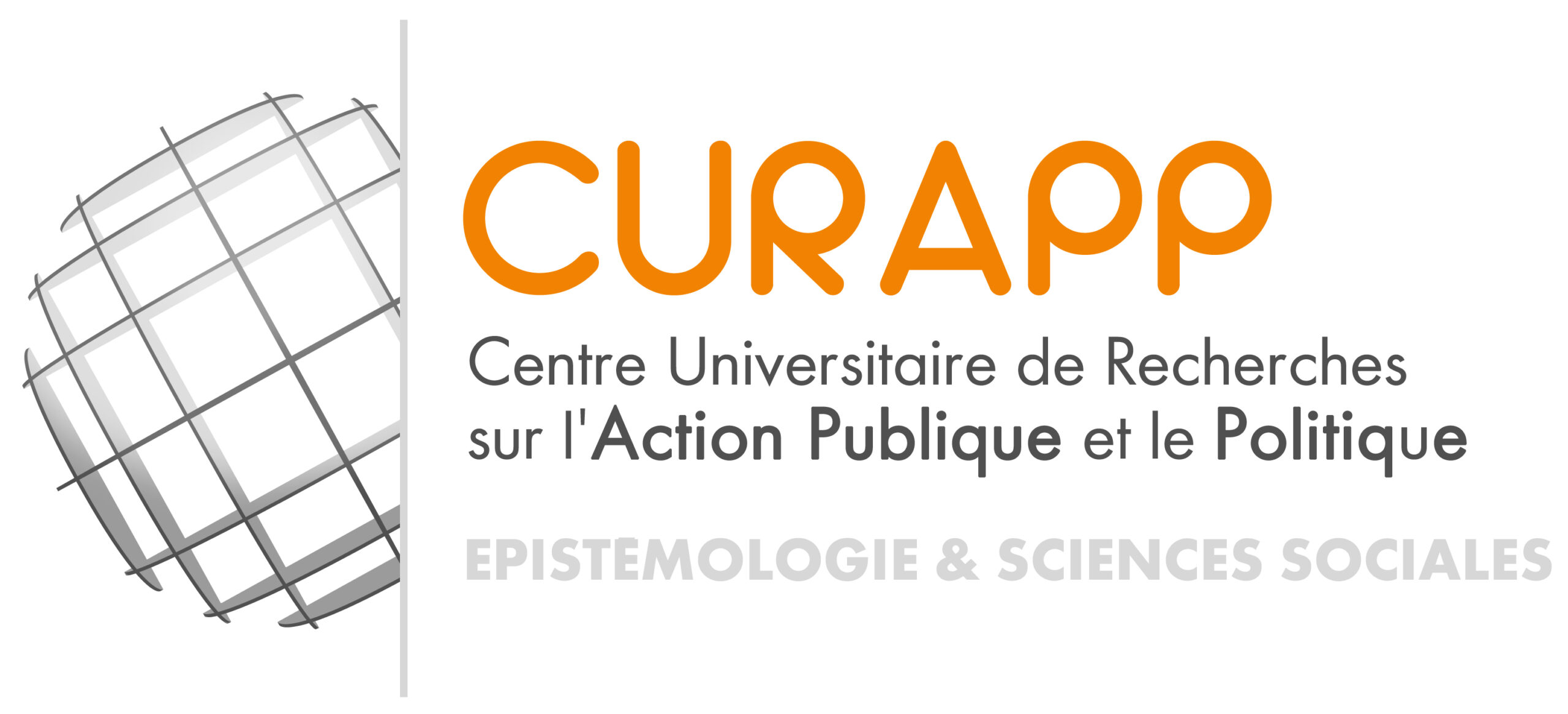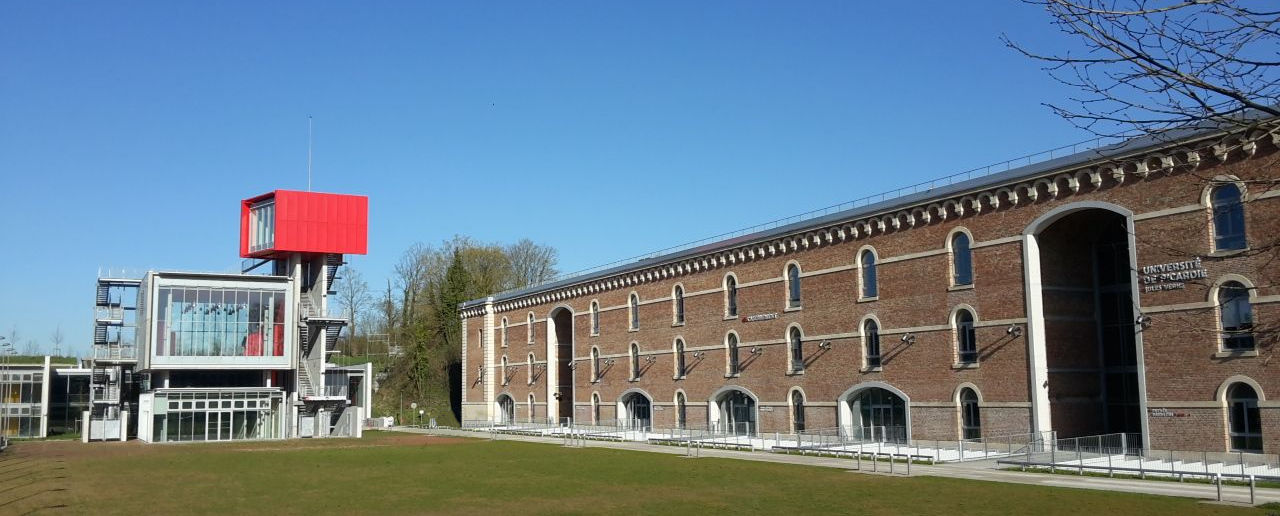The words discourse and power must be understood with a broad meaning as, on the one hand, they refer to public discourse (law, politics, media) and discursive formations (sets of discourses with a common positioning), and as, on the other hand, they also refer to the forms of power (symbolic and/or coercive power of speech, of law, of politics, of communication, etc.) in relation to the shaping, value or contestation of diverse forms of normativity. The common issue is to address the connections between discourse and power, to see how they justify each other, how normative discourses institute forms of power, how forms of power allow types of discourse, etc.
The study of law and of discourse on law – which will constitute a sort of “guiding line” within this topic, even if some of the research works conducted in it do not study law with a systematic approach – is reintegrated at the heart of the social fact, through research addressing the regulating and sometimes creative role of jurisprudential or doctrinal discourses and their interactions (theory of law, international law of human rights, legal anthropology, constitutional law, international law, tax law, intellectual property), but also language learning (sociology, psychology and philosophy), language effectiveness (language philosophy and theory of law), or the naturalization of ideological and press discourses (linguistics, discourse analysis, law, political science).
A particular attention to discourses and to their impact, in the analysis of power under all its different forms, constitutes a convergence point but also a notable common feature in the works of the team members who have already frequently studied together, via collective projects, diverse and nevertheless complementary aspects of social issues through different disciplinary prisms. Application to several calls for project such as the one considered on the relations between language socialization and moral socialization (team 2.3) will contribute to reinforcing the works on this subject.

